Things that affect your BMR include:
Age, Gender, Height, Weight, Genetics, overall general health and Nutritional status. While there are some things you cannot change like age, height and genetics, there are some areas we can make huge improvements in. Being overweight/obese will have an impact on metabolic function, like hormonal and endocrine functions. Nutritional status also has relevance to our BMR. Poor food choices can lead to high blood glucose levels, poor body composition and low immune function. NEAT (Non exercise activity thermogenesis) is the exercise we undertake in our daily lives like cooking, cleaning, highly active job and steps we take. Being sedentary leads to a lower BMR so get those steps in 😊
TEF (Thermic Effect from Food) accounts for about 10% of overall energy output. This is the energy required to breakdown food when we digest it. Protein has the highest thermic effect from food so a diet high in protein is optimal. Fat has the lowest thermic effect. If you want to get the highest thermic effect from food, make sure to have adequate protein in your diet, usually around 2g per kg BW.
Finally, EA (Exercise Activity) which is purposeful activity only accounts for approximately 30% of energy output. This is like a workout or run etc.
While people try and overly focus on the purposeful exercise they often neglect their BMR and food choices which account for double the energy output. It is important to focus on the whole picture and not just a single aspect. Look after your weight, body composition, sleep patterns, nutritional status and NEAT. This is just as important if not more important for your goals.

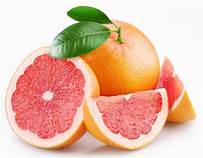
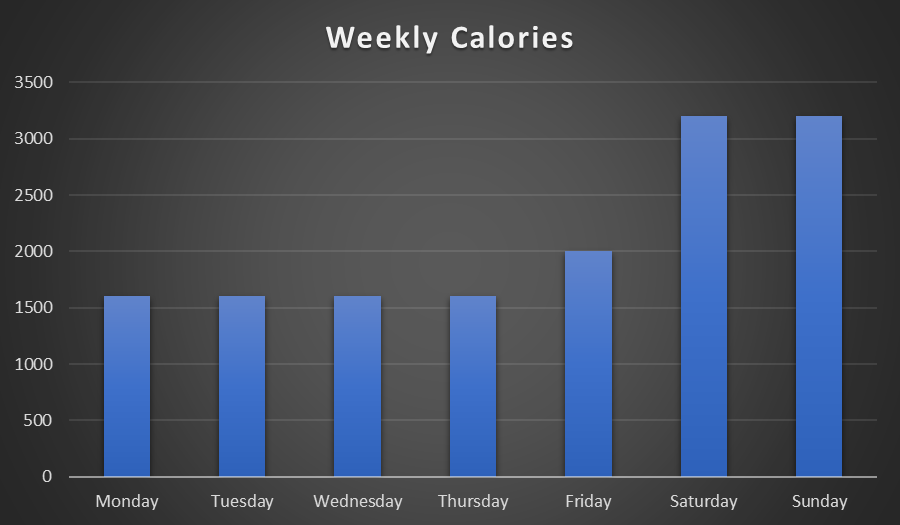
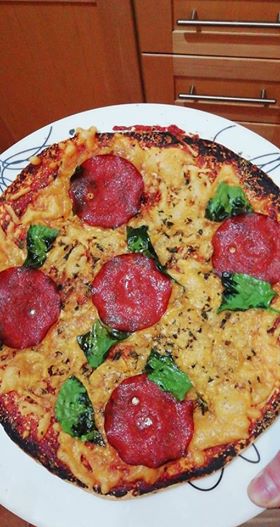


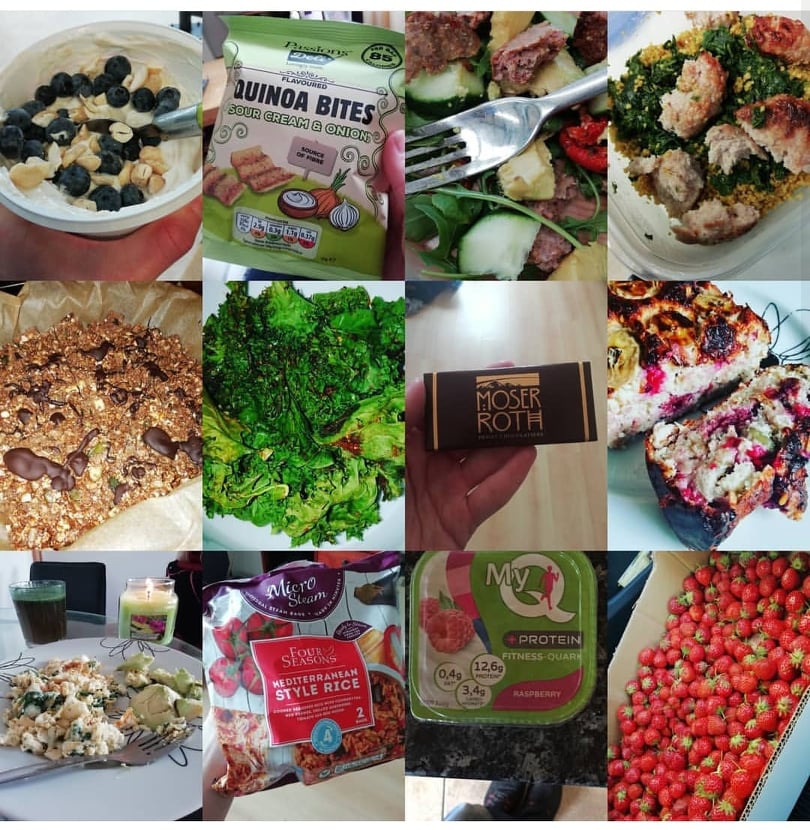

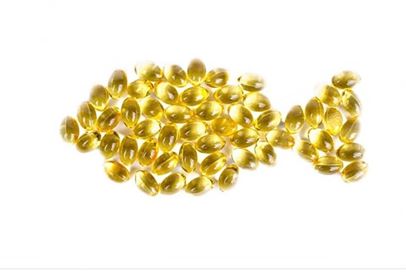
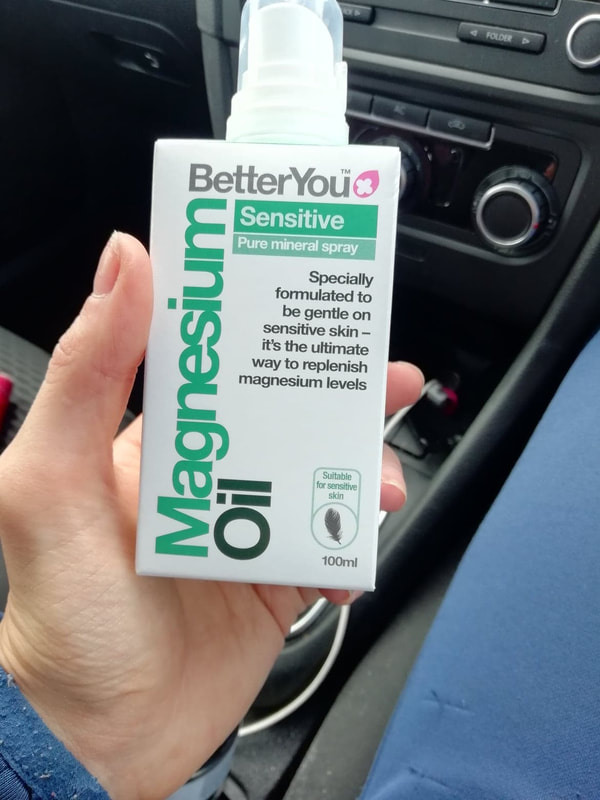



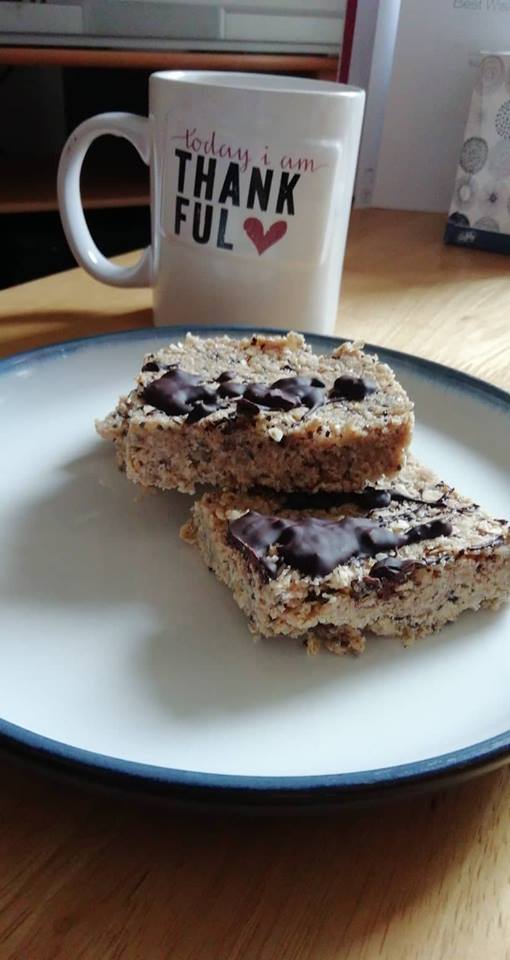
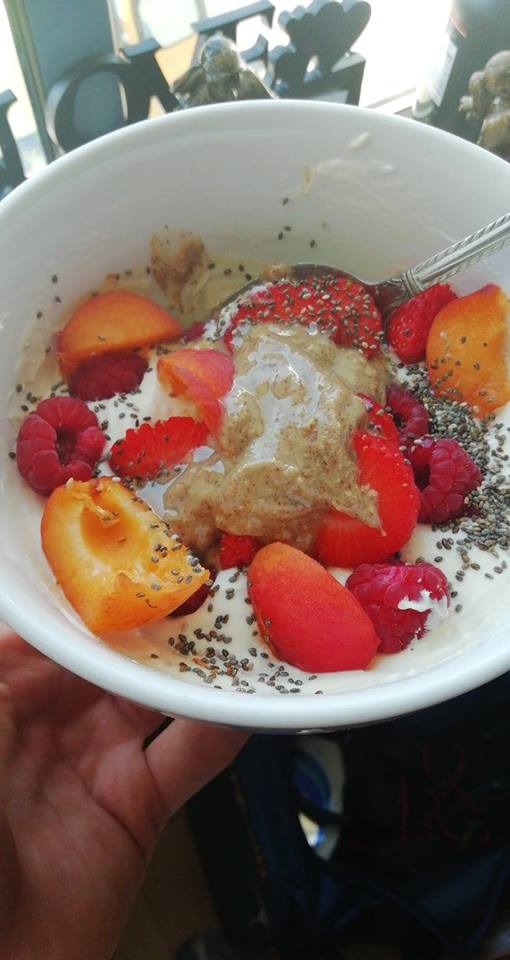
 RSS Feed
RSS Feed